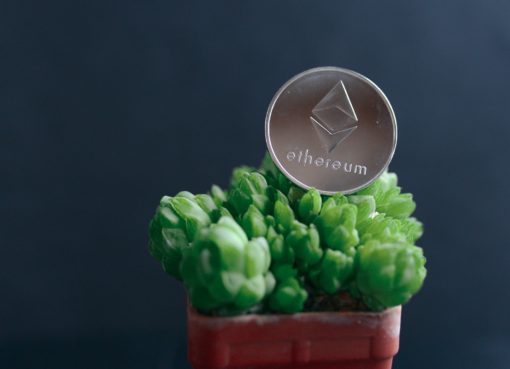The second quarter of 2020 was very profitable for bitcoin investors, according to data analytics firm Skew.
During the period, the top cryptocurrency climbed 42%, its fourth-best quarterly close since 2014. For the March quarter, the digital asset fell 10.6%, dragged by the massive Black Thursday crash. As a matter of fact, bitcoin declined in three successive quarters before Q2 2020.
In terms of price, bitcoin (BTC) soared from around $6,420 at the beginning of April to more than $9,140 at the end of June, Skew figures show. The coin has, however, struggled to break the psychological $10,000 level in a quarter in which Bitcoin underwent its scheduled supply cut.
Despite the sharp rise, this is not bitcoin’s biggest Q2 gain in the past seven years. Investors pocketed profits of 158% and 125% for the second quarters of 2019 and 2017, respectively. In 2016, Q2 gains came in at 62%.
According to Skew, third quarters have been historically more challenging for bitcoin. With the exception of “2017 vintage” when the BTC price surged 80%, thanks to that year’s phenomenal rally, and another 2.9% gain in 2018, Q3 performances have remained in the red for the last seven years.
While poor performance may not be valid for Q3 in all years, pundits expect 2020 to show little difference. That’s largely because BTC transaction volumes have not increased in recent days while it’s 60-day moving average has not improved.
There’s still optimism in some quarters, however, that Bitcoin’s third halving will lead to an increase in the price of the benchmark cryptocurrency in this quarter and beyond. A number of analysts’ predictions put BTC at a price of $20,000 by year-end.
At the time of writing, each BTC is trading at $9,191, down 0.16% over the last 24 hours, according to data from markets.bitcoin.com.
What do you think about bitcoin’s quarterly performance? Let us know in the comments section below.
Image Credits: Shutterstock, Pixabay, Wiki Commons
Disclaimer: This article is for informational purposes only. It is not a direct offer or solicitation of an offer to buy or sell, or a recommendation or endorsement of any products, services, or companies. Cryptox.trade does not provide investment, tax, legal, or accounting advice. Neither the company nor the author is responsible, directly or indirectly, for any damage or loss caused or alleged to be caused by or in connection with the use of or reliance on any content, goods or services mentioned in this article.
Read disclaimer







